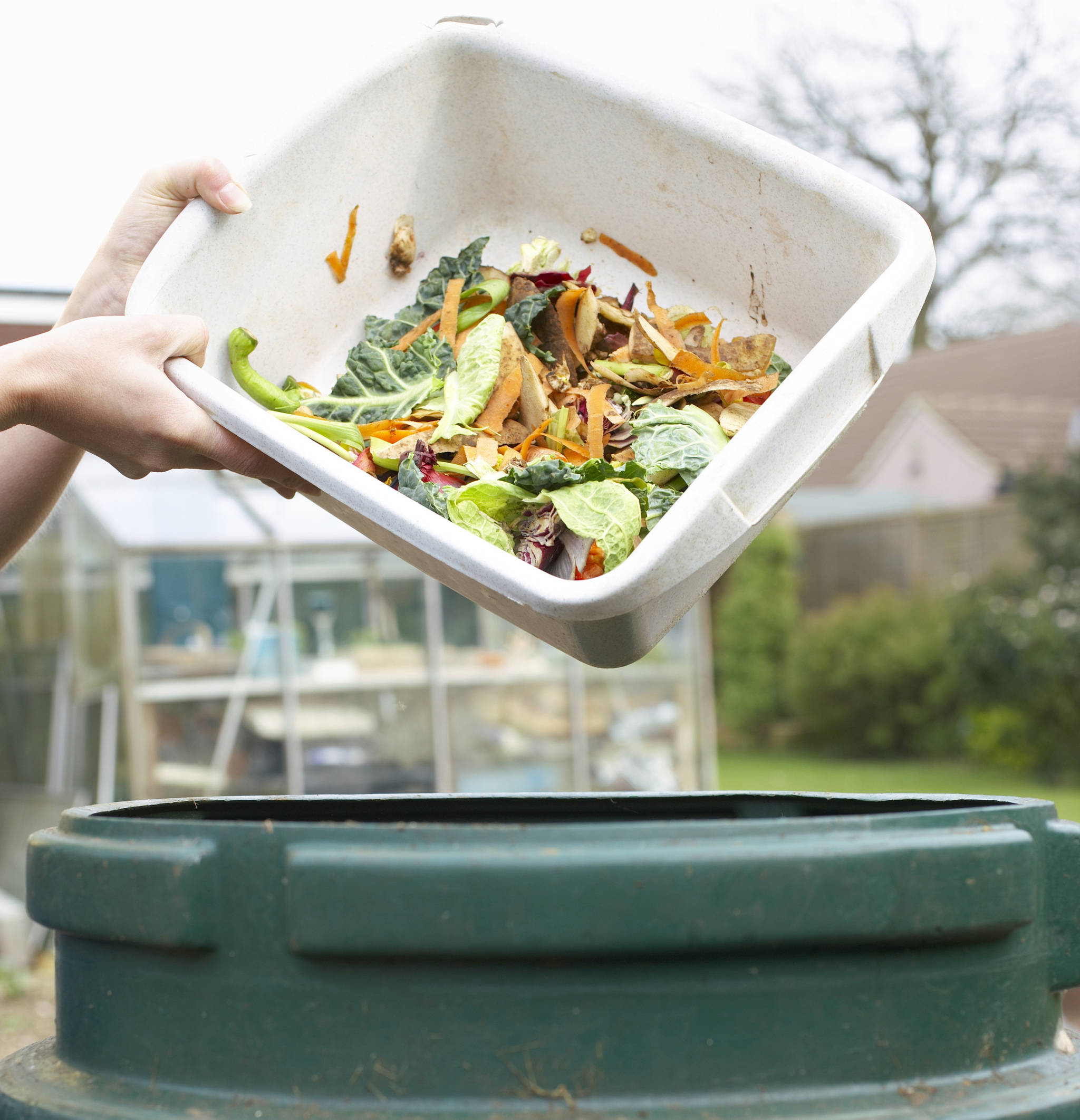King County is considering ways to increase both the supply of and demand for compost to help divert organic material from the landfill.
As organic material is broken down, it releases methane gas — a greenhouse gas that’s more than 10 times more warming than carbon dioxide. It can also be processed and used as a biofuel if properly collected. In 2018, around one-third of all material that was sent to the Cedar Hills Regional Landfill near Maple Valley was organics that could have been composted.
King County commissioned a report from the Cascadia Consulting Group that explores ways to increase supply and demand for composting and organics recycling. The report said demand for compost generally matches what’s available, but in order to recycle even more material, producers would need incentives to make more.
In King and Snohomish counties, the report found private processing facilities were permitted to develop 553,000 tons of compost annually. Last year there were 470,000 tons processed, meaning the counties are at 85% capacity. Plastics pollution is also common in the collection stream, which degrades the quality of the final product.
The report noted three main issues the county should consider, including expanding local compost markets while reducing contamination and expanding organic material processing. When processed into compost, the organic materials improve soil health.
Recycling can also capture methane gas. Compost mixed with wood chips can be placed over old sections of landfill, which degrades the gas coming from the waste below. The Cedar Hills landfill currently contracts with Bio Energy to capture and produce methane gas, which is then processed and sold on the market.
Agriculture markets could provide a place to expand demand. In Washington state, less than 5% of total compost ends up at farms, and 81% of farmers hadn’t previously used compost made from food scraps and yard trimmings. The report found the cost of transporting compost to Eastern Washington made it less competitive than using it on King County farmlands.
In order to increase local markets, the county could provide support with transportation and market costs, equipment, delivery and reducing contamination. It could also pay special attention to farmers from immigrant and refugee communities. These could be implemented in a pilot program on county-owned farmland. The current budget has $30,000 set aside to cover costs associated with this program.
King County’s wastewater treatment division is already producing compost on its own, turning human sewage into a product called Loop. The purified product is reduced down into a mush with the consistency of cake before being shipped out to fertilize commercial and forest plots across the state.


